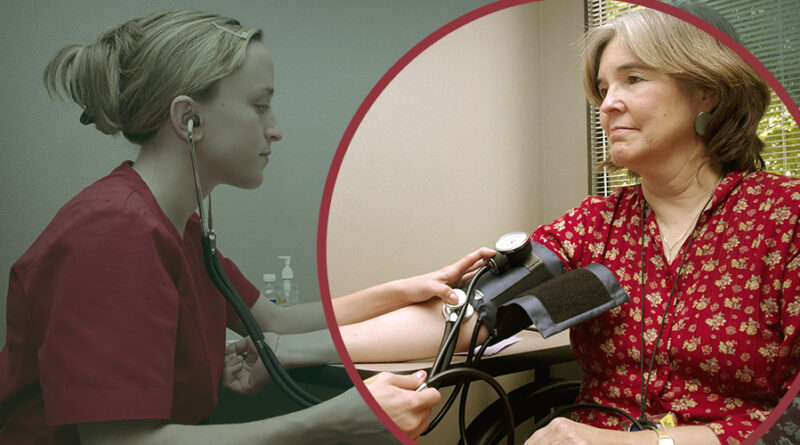Education Might Improve the Health of Some—But Not All
More educated people tend to live healthier and longer lives than those with less education, but does education cause better health? Education might increase income and improve the quality of health decisions, with plausible positive effects on health. However, the impacts of education on health may vary between people for many reasons, including genetics. Different health indicators can also be impacted differently. For instance, higher education and higher income may make it easier to adopt a healthier diet and maintain a healthy weight. On the other hand, the more educated might be more exposed to work-related stress, with potential negative consequences for blood pressure.
Silvia Helena Barcellos, Leandro Carvalho, and Patrick Turley studied a change in the compulsory schooling age in the UK to investigate how secondary education affects health in middle age. In 1972, England, Scotland, and Wales raised their minimum school-leaving age from 15 to 16. The new, higher compulsory schooling age affected only students born on or after September 1, 1957. It did not extend to students born before this date, who could still drop out at age 15. By comparing the health indexes of individuals born just before and just after the September 1, 1957 cutoff, the authors were able to examine the impacts of staying longer in school on health.
Was it a win for health? The team found that additional schooling had both positive and negative effects on health. Some of the students forced to stay in school longer lost weight; others saw their blood pressures increase. Interestingly, the weight reductions were concentrated among the obese, while the increases in blood pressure were concentrated among those with blood pressure in the healthy range. As a consequence, the changes in schooling reduced obesity but did not affect hypertension. The findings illustrate the importance of understanding the trade-offs of a policy with ambiguous effects. Because the prevalence of hypertension did not increase, a policymaker may reason that the benefits of reducing obesity outweigh the costs of the increases in blood pressure.
Read the study in the Journal of Human Resources: “Distributional Effects of Education on Health,” by Silvia Helena Barcellos, Leandro Carvalho, and Patrick Turley.
***
Silvia Helena Barcellos (@SilviaHBarcell1), Leandro Carvalho (@leandroscarvalh), and Patrick Turley (@patrickaturley) are at the University of Southern California.
Research reported in this publication was supported through the Roybal Center for Health Decision Making and Financial Independence in Old Age (P30AG024962-13S1 and P30AG024962-13S2), NIA grant K01AG050811-01 (Barcellos), NIA grant 1K01AG066999-01A1 (Carvalho), RF1AG055654 (Carvalho), R56AG058726 (Carvalho), R21AG060447 (Barcellos), and by the USC Population Research Center.



